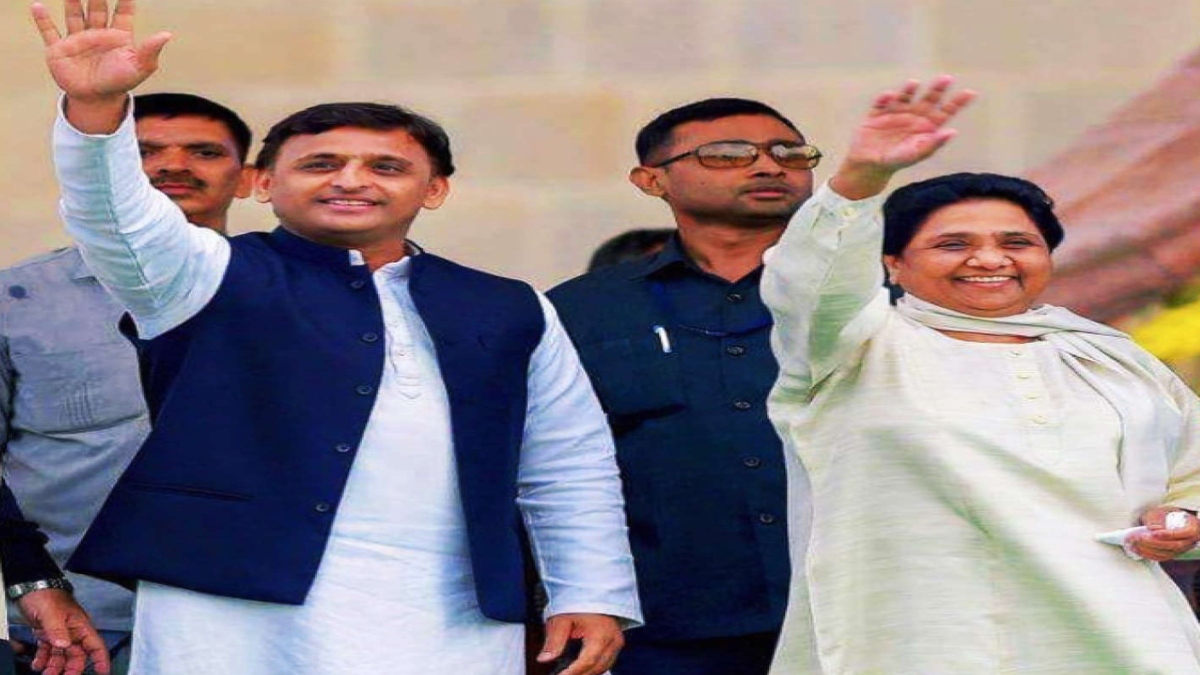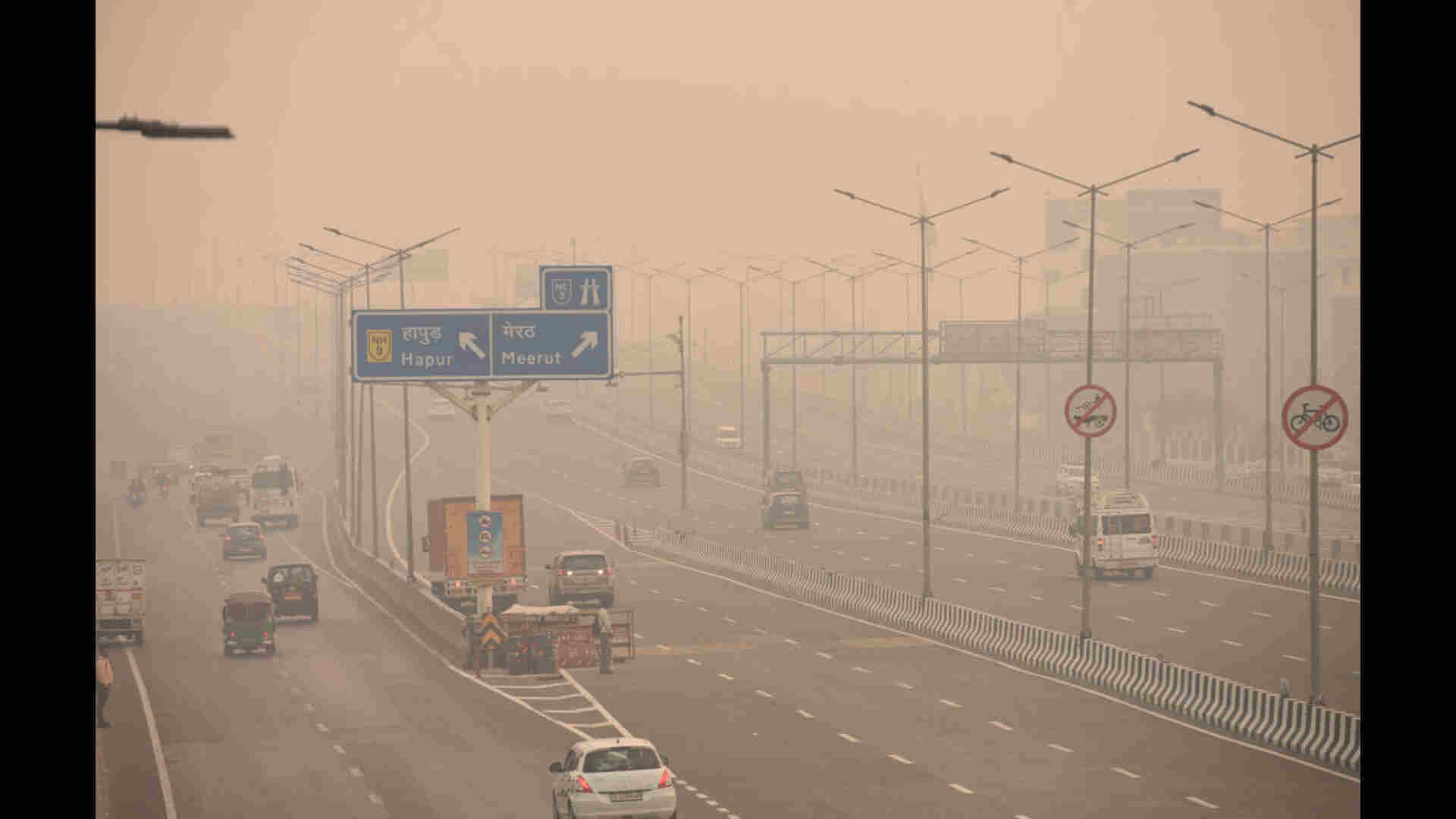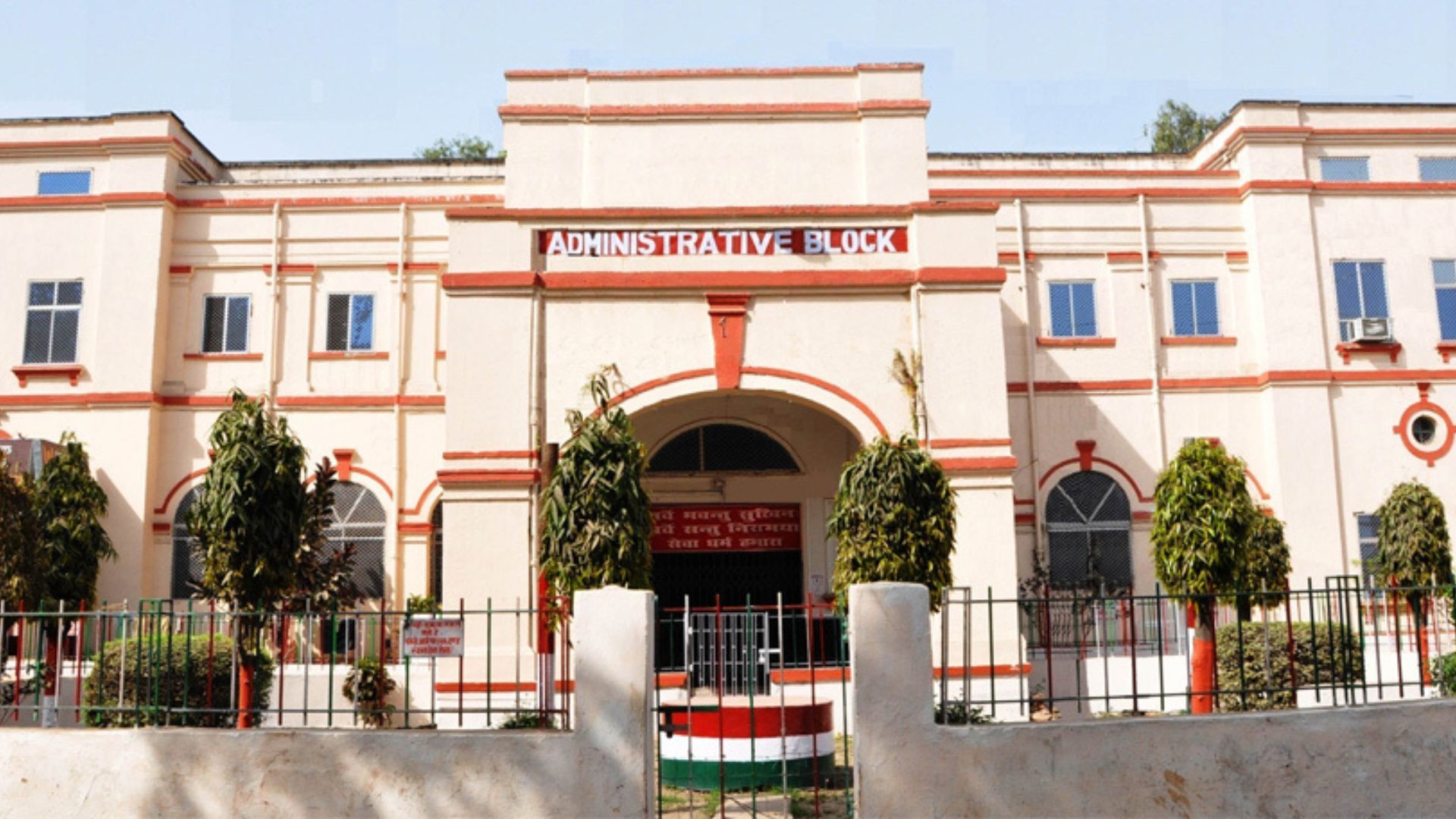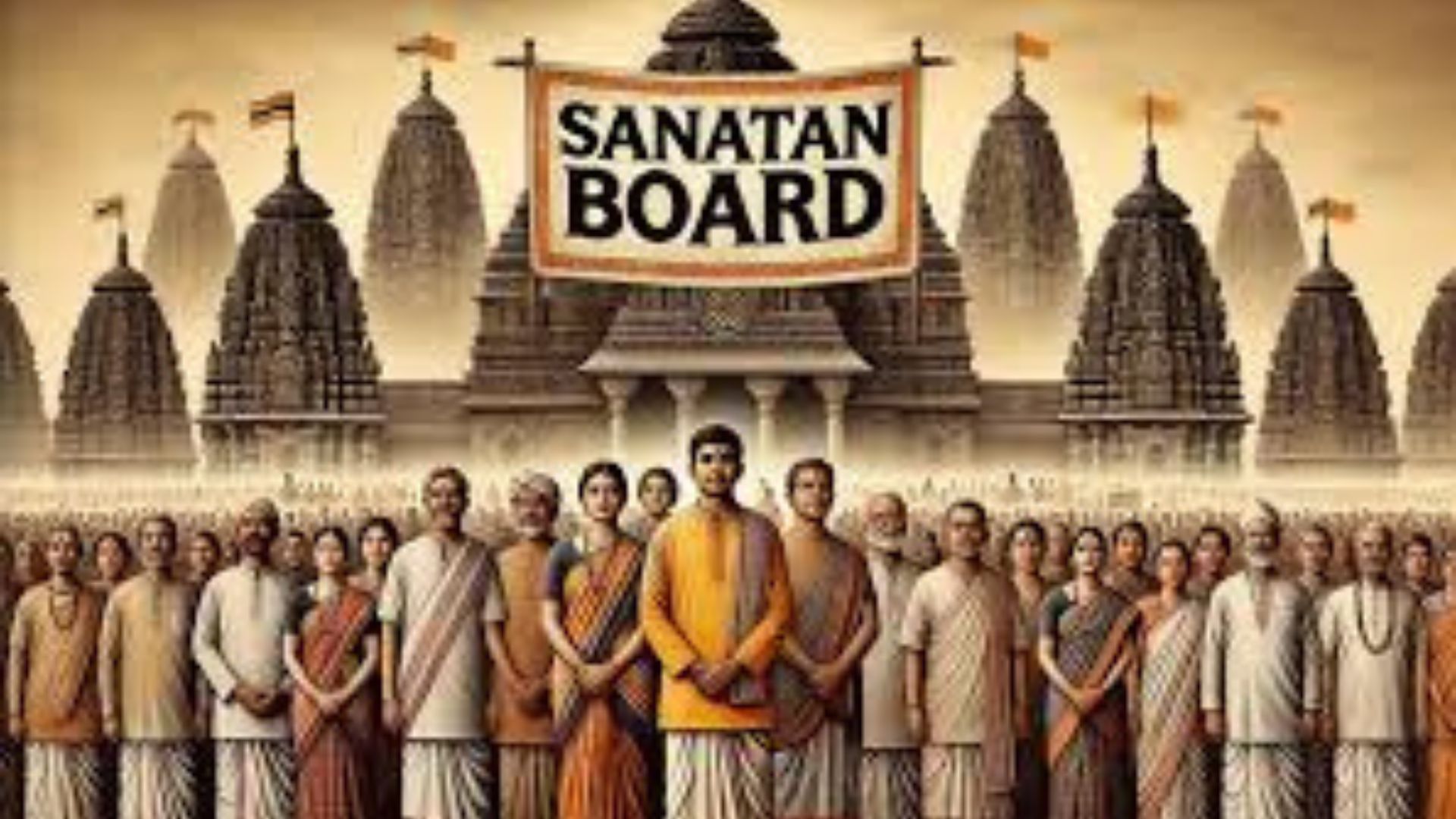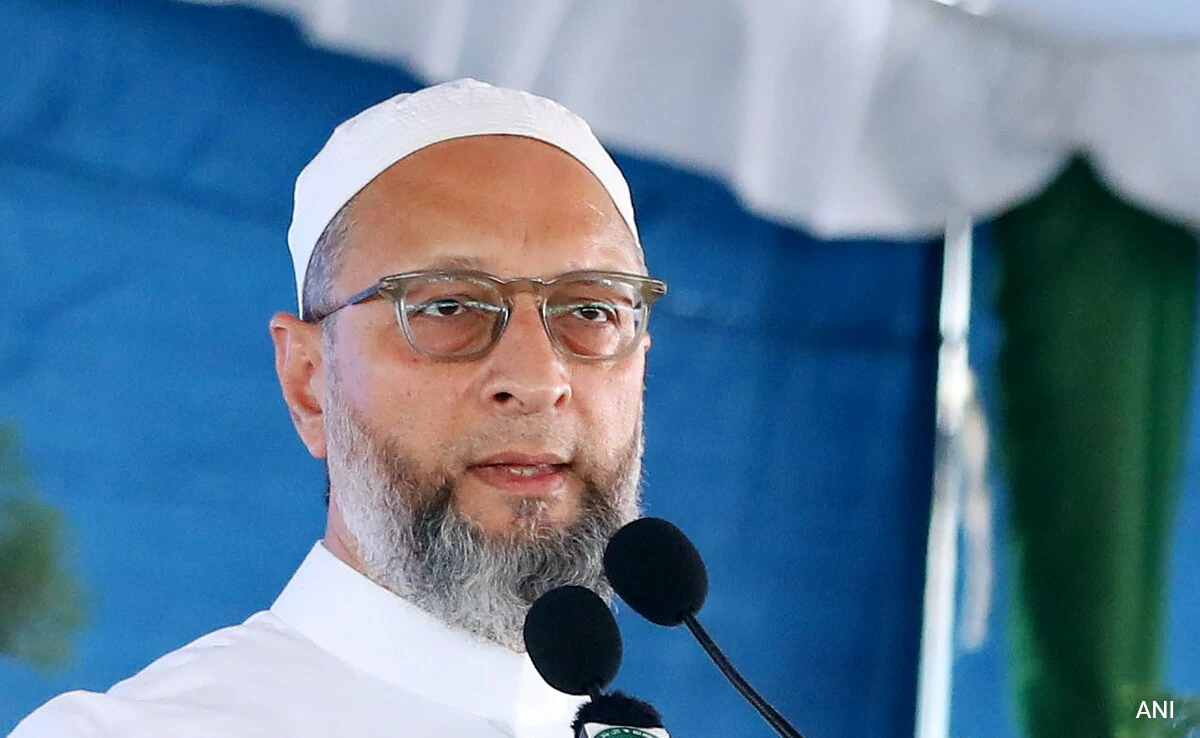Speaking at a press conference earlier this week, Bahujan Samaj Party supremo and former Uttar Pradesh Chief Minister Mayawati called for the need to “strengthen anti-defection laws” in the country. “Considering how some greedy politicians change parties during elections, it is necessary to strengthen the anti-defection laws as such practices adversely impact democracy,” she said. Her statement comes at a time when Uttar Pradesh, which goes to poll in less than a month, has been rocked by a series of defections across political parties. Some prominent faces who have defected in the past few weeks include Other Backward Class (OBC) leader and Labour Minister Swami Prasad Maurya, Minister for Environment and Forests Dara Singh Chauhan, and numerous other sitting MLAs and members from the ruling Bharatiya Janata Party (BJP), BSP, and Apna Dal (Sonelal). Defections of party leaders before Assembly or General elections are common in the Indian political arena. Many leaders jump ship as they believe the party will not be able to win the election; others leave if they believe they do not stand a chance to win a ticket from that party. In the last four elections, less than 40 per cent of incumbent MLAs have been renominated by their parties. In fact, out of all re-contesting candidates, less than 30 per cent came back to power in 2017.

Source: Wikimedia Commons
BSP DEFECTIONS A SIGN OF ERODING PARTY SUPPORT
However, it appears that Mayawati remains hopeful about the prospects of the party in the upcoming polls. Speaking at a press conference, she said that parties that are discounting the BSP out of the race will receive a surprise akin to that of 2007. Political analysts and experts suggest there are various reasons behind the large scale defections from the party including the BSP’s declining voter base, poor organisational structure, and the rise of the SP. As per analysts, in the last 15 years, the BSP has internally transformed from a cadre-based party to a patronage-based organisation, which increases the significance of local leaders while making party machinery on the ground level almost irrelevant. In such a case, the defection of a local leader would harm the BSP, as it would alienate the voters from the party as well as from Mayawati. Some also believe that successive loss of elections and an overall decline in support for the party has driven away even the party’s key voters and perhaps prompted leaders from the party to jump ship. Furthermore, the SP’s attempts to gain the support of BSP’s core Dalit voters can also be cited as a reason for the decline of the BSP. Not only has the SP welcomed BSP’s Dalit leaders into its fold, but also launched the “New SP” campaign, which seeks to highlight how the party will no longer ignore Dalits as it has been accused of doing in the past. This paints a troubling picture for the BSP, which has been experiencing a constant decline in its seat share and also seems to be losing the support of its core voter base.

BJP DEFECTIONS UNLIKELY TO IMPACT HEAVILY


Between 11 December 2021 and 13 January 2022, 19 BJP members joined the SP-led front. The exodus of members from the BJP started with Uttar Pradesh Cabinet Minister and senior OBC leader of the state, Swami Prasad Maurya, and was followed by the resignation of another state minister Dara Singh Chauhan, and MLA Awtar Singh Bhadana. Shortly after, UP minister Dharam Singh Saini, and three other BJP MLAs — Vinay Shakya, Mukesh Verma, and Bala Awasthi — also resigned from the party. While any defecting MLA provides their own set of reasons for defecting from the party, the resignation of MLAs after the announcement of the Moral Code of Conduct (MCC) is primarily due to MLAs who feel the party may lose or who know they won’t get a ticket to contest.
The spate of resignations faced by the BJP may not appear to be a huge loss when one takes into account the fact that on average, the BJP denies tickets to 25 to 35 per cent MLAs to negate anti-incumbency. Additionally, the party is also facing increasing pressure to nominate candidates from its own cadre rather than those who are turncoats from other parties. A wide section of MLAs who have left the BJP in the past few weeks are turncoat MLAs from the BSP and SP in the first place. However, the loss of key OBC and SC leaders is an alarming sign when one takes into consideration the fact that there has been brewing discontent in the party’s OBC vote bank. Students of backward castes and SCs have been protesting due to repeated tweaking of reservation policy, while Most Backward Class (MBC) leaders have long-held grievances that the Yadavs have been taking a lion’s share in Other Backward Class (OBC) reservation. Supporters of Swami Prasad Maurya, Dara Singh Chauhan, and Dharam Singh Saini are mostly small and marginal farmers who are involved in the sale of vegetables in local markets. These farmers have been struggling due to the stray cattle problem caused by Chief Minister Yogi Adityanth’s strict ban on cow slaughter.
CAN TURNCOATS REALLY IMPACT AN ELECTION?


Source: Wikimedia Commons

Source: Wikimedia Commons
India Today’s Data Intelligence Unit (DIU) analysed numbers of all assembly elections in UP since 1980. The data showcases that barring a few exceptions, first-time candidates occupy around 70 per cent or more seats in all assemblies in the last four decades. This was the highest in 2017 at 78 per cent. In the past few elections, the performance of turncoats in the Assembly has revealed some interesting trends. As per industry analysts, the success rate of turncoats who sided with the winning party is very high. For instance, in UP, the success rate of those who switched to the BSP ahead of the 2007 elections was 100 per cent. Similarly, the success rate of defectors who contested as SP candidates in 2012 was 68 per cent, and on BJP tickets in 2017 a whopping 84 per cent. However, defectors who switch to any party which doesn’t emerge as the ruling party have not performed well in the past. As the average of the last 10 assembly elections shows, less than 15 per cent of turncoats have re-entered the assembly. While defections from a party could at times signal a deeper erosion of support for the party, it is not, however, a tell-all sign as defections could be rooted in the personal motives of candidates to be able to recontest.
Contributing reports by Damini Mehta, Junior Research Associate at Polstrat and Ananya Sood, Anurag Anand, Devak Singh, Narayani Bhatnagar, Interns at Polstrat

